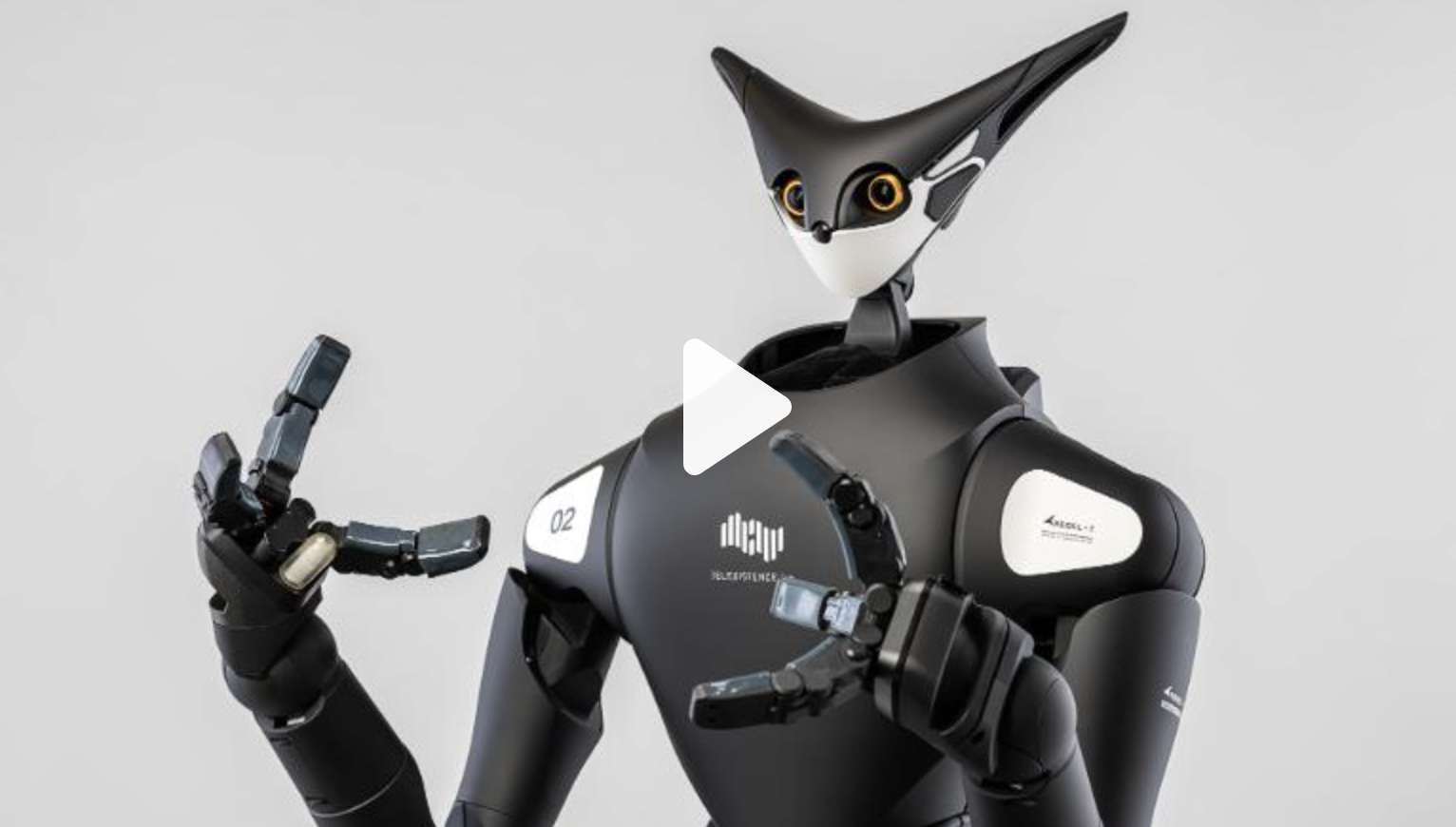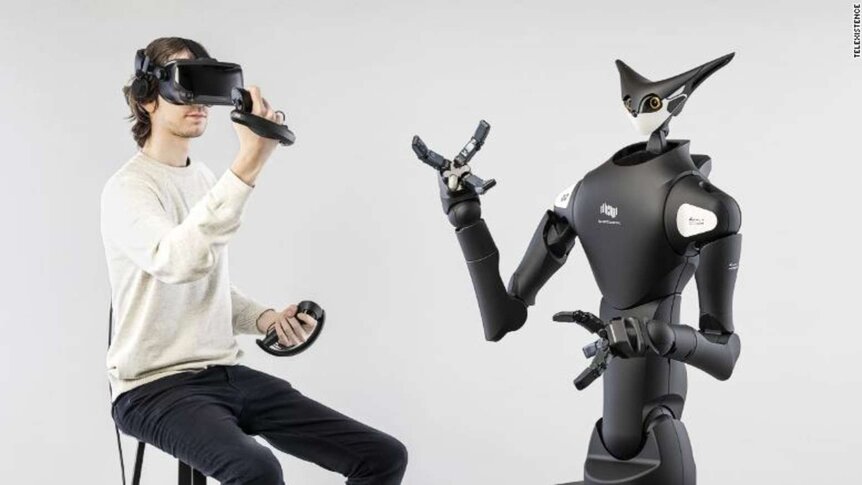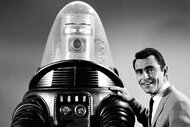Create a free profile to get unlimited access to exclusive videos, sweepstakes, and more!
These 7-foot-tall shelf-stocking robots are invading Japanese convenience stores

Next time you're in a convenience store fortifying your supply of Gatorade and Slim Jims, don't be alarmed to see a next-generation AI robot restocking shelves to keep up with the economic laws of supply and demand.
To aid in the shortage of service-industry workers in the aging nation of Japan, some the country's biggest stop-n-shop franchises, FamilyMart and Lawson, are going high-tech with new a test trial of leased, shelf-stacking robots that they hope will blend seemlessly into their transient workforce. With Lawson rolling out their artificial clerk this week and FamilyMart bulking up its employee roster with 20 by the year 2022, it seems these sleek machines might become a permanent fixture in retail outlets around the world.
These quick-learning bots called Model-T, after the iconic automobile created by pioneering American industrialist Henry Ford, were designed and developed by Japanese startup firm, Telexistence. They stand seven feet tall when expanded to their maximum height, stroll around the aisles via a wheeled platform, and are equipped with an array of cameras, microphones and sensors. Each Model-T's three-fingered hands can lift a variety of supermarket-style packaged items like boxes, bottled beverages, soup, fruit, and vegetable cans, and rice bowls.
"It is able to grasp, or pick and place, objects of several different shapes and sizes into different locations," Matt Komatsu, Telexistence's head of business development, told CNN Business. "Warehouse robots pick up the same thing from the same place and place it on the same platform — their movement is very limited compared to ours."
Until the android assistants can learn precise human movements and routines by themselves, the Model-T robot is controlled by store staff remotely using a virtual reality (VR) headset and unique gloves that allow them to "feel" in their own palms the particular products the robot is restocking.
Their operation is not limited to the shop interior, but can be accomplished anywhere in the world. Telexistence is not selling these handy long-eared robots to each chain, but instead will offer them for a monthly or yearly lease fee which has not been disclosed.
In addition to not taking long breaks or calling in sick, Model-T lets one operator work across several stores at once, with live humans stationed behind the counter to man the cash registers.
"We have been trying to solve the labor shortage in some of our stores and through this experiment we are going to examine how the robots will help," Ken Mochimaru, of Lawson's corporate communications division, explained to CNN Business.
While there are still many issues and obstacles to vault over in the implementation of worker robots like Model-T, Telexistence hopes this labor-saving tech will also satiate the need for industrial automation in a post-COVID world where human-to-human contact is frowned upon.















